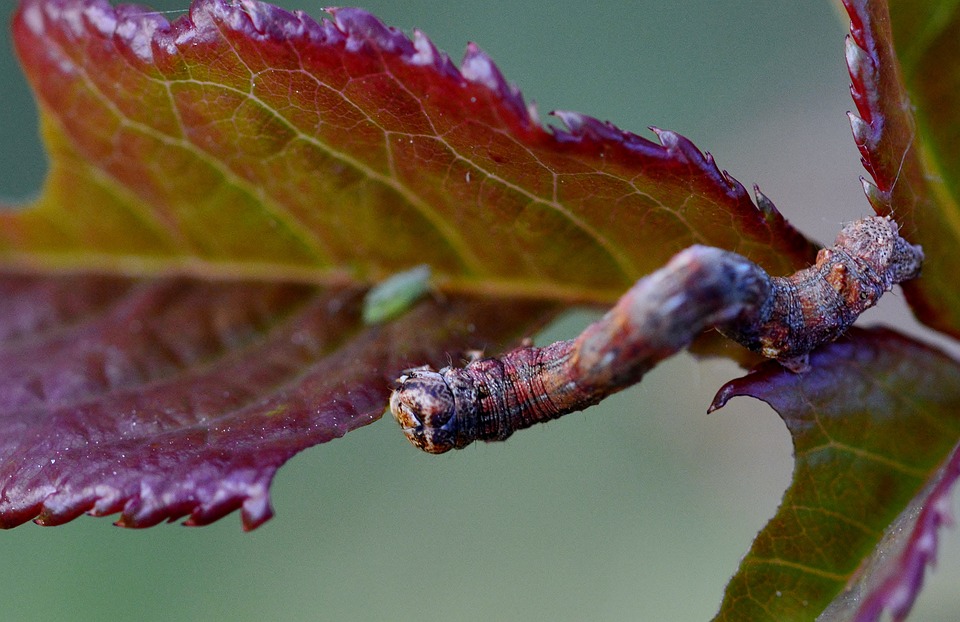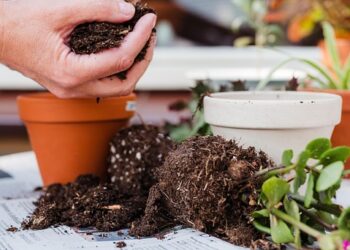Green Gardening: Cultivating a Sustainable Oasis
Green gardening is a practice that focuses on cultivating a sustainable oasis while reducing the negative impact on the environment. It involves using environmentally-friendly methods and techniques to create a beautiful garden that is in harmony with nature. In this article, we will explore the benefits of green gardening, tips for creating a sustainable oasis, and common questions that gardeners may have.
Benefits of Green Gardening
There are numerous benefits to practicing green gardening. One of the main advantages is that it helps to reduce the use of harmful chemicals and pesticides in the garden. By using natural methods such as composting, mulching, and companion planting, gardeners can create a healthy ecosystem that is beneficial to both plants and wildlife.
Green gardening also helps to conserve water by using techniques such as drip irrigation, rainwater harvesting, and xeriscaping. These methods can help to reduce water waste and ensure that plants receive the proper amount of moisture they need to thrive.
Additionally, green gardening can help to improve soil health by using organic fertilizers and avoiding synthetic chemicals. Healthy soil is essential for plant growth and can help to prevent erosion and runoff that can pollute waterways.
Tips for Creating a Sustainable Oasis
There are several tips that gardeners can follow to create a sustainable oasis in their backyard. One of the first steps is to choose native plants that are well adapted to the local climate and soil conditions. Native plants require less water and maintenance, making them an ideal choice for a sustainable garden.
Another tip is to practice water conservation by using techniques such as mulching, rainwater harvesting, and drip irrigation. These methods can help to reduce water waste and ensure that plants receive the proper amount of moisture they need to thrive.
Composting is another important practice for creating a sustainable garden. Composting organic waste such as kitchen scraps, yard trimmings, and leaves can help to enrich the soil and provide nutrients for plants. Compost also helps to reduce the amount of waste that ends up in landfills, making it an environmentally-friendly option for gardeners.
Common Questions About Green Gardening
What is the difference between green gardening and traditional gardening?
Green gardening focuses on using environmentally-friendly methods and techniques to create a sustainable garden, while traditional gardening may rely on synthetic chemicals and pesticides. Green gardening also emphasizes practices such as composting, mulching, and water conservation to reduce the negative impact on the environment.
How can I reduce the use of chemicals in my garden?
There are several ways to reduce the use of chemicals in the garden. One option is to use natural pest control methods such as companion planting, introducing beneficial insects, and using organic pesticides. Gardeners can also avoid synthetic fertilizers by using compost and organic fertilizers that are rich in nutrients.
What are some easy ways to conserve water in the garden?
There are several easy ways to conserve water in the garden. One option is to use a drip irrigation system that delivers water directly to the roots of plants, reducing water waste. Gardeners can also collect rainwater in a barrel and use it to water plants, or use mulch to retain moisture in the soil.
Conclusion
Green gardening is a sustainable practice that can help to create a beautiful oasis in your backyard while reducing the negative impact on the environment. By following the tips and techniques outlined in this article, you can create a garden that is in harmony with nature and provides numerous benefits for plants, wildlife, and the planet.
Whether you are a novice gardener or an experienced green thumb, green gardening is a rewarding and fulfilling practice that can help to create a sustainable oasis in your backyard. By using environmentally-friendly methods and techniques, you can create a garden that is not only beautiful but also beneficial to the environment.


















































